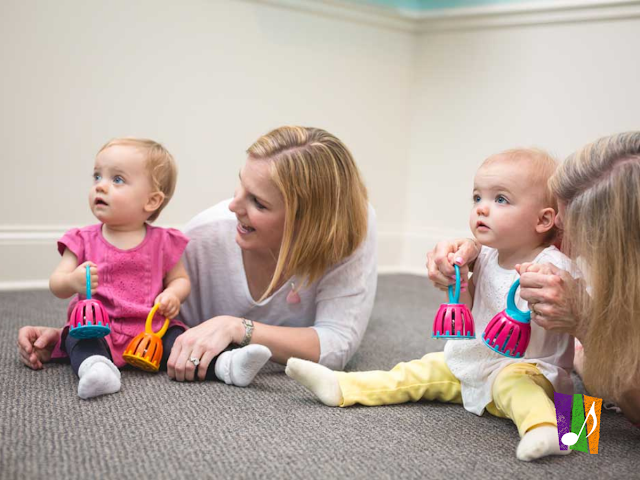Noticing

It has been so lovely hearing the sounds of piano, singing, and laughter in the halls of Take Note Studio this fall! After a year and a half of uncertainty, we are thankful to be together again. The class I teach, theatrical singers , was fully virtual last year, and transitioning back to in-person learning has been both wonderful and challenging. My co-teacher, Miss Heather and I have been brainstorming ways to help our students remember how our class works through meaningful interactions instead of lectures. We’re not a typical classroom, we like to keep things loose and fun to encourage participation, but with a group of elementary school students, you might imagine that things can veer off course rather quickly. One thing we find that works to keep things on track is the power of noticing. Ms. Heather and I are both devoted Conscious Discipline followers, so noticing has become second nature to us. This, I assure you, has not always been the case. How many of us were told “go
